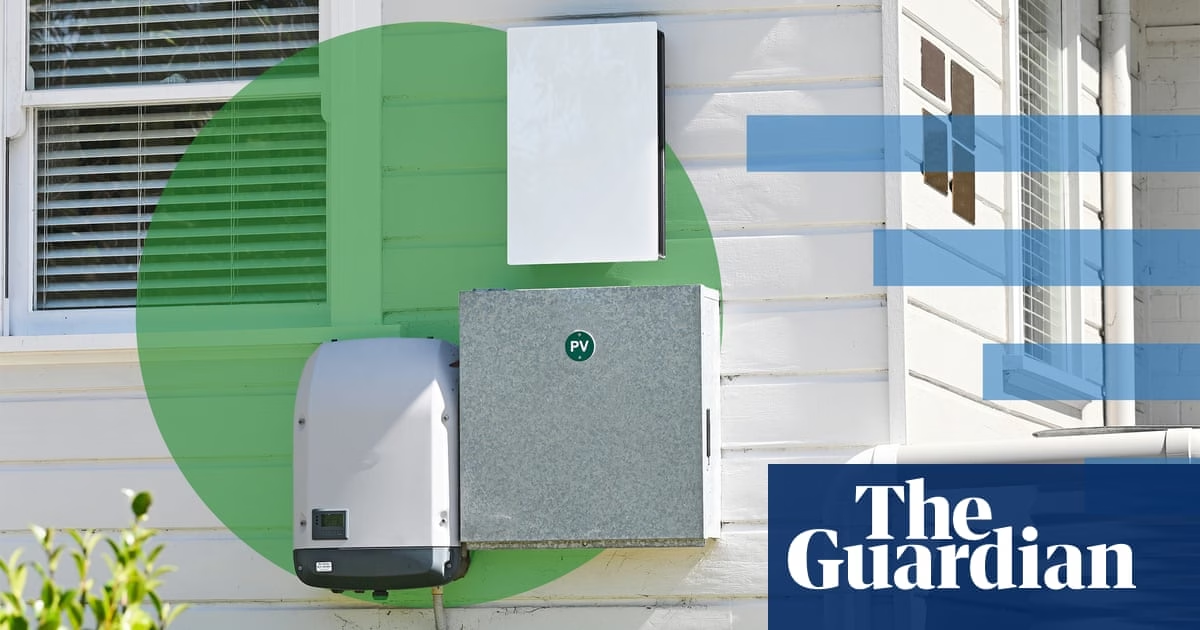Finally ready to install a home battery. Security and efficiency are key considerations, and we have consolidated valuable advice to help you maximise your benefits.
Maximise Your Cost Savings
Managing the timing of charging and exporting power can lead to substantial savings. Consider linking up with a wholesale power price retailer and, if you own an EV, use the sun to charge for free, or seek opportunities for discounted grid power when environmental conditions are in your favor.
– Mark, Woodend, Victoria
Realistically, you may not completely disconnect from the grid with a battery alone. Instead, look to secure the best rates for grid electricity for those times when you must use it, and don’t worry about low feed-in tariff rates that add little value.
– Peter, Burrawang, NSW
Maintaining a 25% backup is wise; since upgrading our system with a battery, we have pocketed a total of $11,846 in savings.
– Alan, Port Pirie, South Australia
Retailers that provide access to the wholesale energy market can be lucrative. During peak pricing periods, your investment can yield significant profits, sometimes up to $17/kWh.
– Søren, Canberra, ACT
Assess Your Capacity Needs
Our 10kWh battery with micro inverters means we are mostly off-grid, despite still relying on the grid occasionally, such as during winter mornings. More capacity is on our expansion list for the future.
– Alan, Murrumbeena, Victoria
Bigger batteries can handle more substantial demands. Our 16kW system is just adequate for heating a well-insulated home during the cold months.
– David, Moe, Victoria
A larger investment pays off. Our extensive system, with 22 kW solar panels and 54 kW of battery storage, along with an EV, has not only remained cost-effective but also environmentally beneficial. We’ve noticed a significant annual saving while maintaining the comfort of our heritage home.
– Anonymous, Brisbane, Queensland
Mindset Shift is Key
Embarking on solar and battery power necessitates a lifestyle adjustment. The-details-on-demand approach yields minimal benefits; instead, you must be proactive in managing energy usage, tracking pricing, and optimizing the times for charging and discharging.
– Jorge, Caringbah South, NSW
To optimize battery use, closely monitor household appliances to avoid overwhelming the system simultaneously, which might force grid dependency. Strategic app management, like timing EV charging post meal preparation, can reduce grid reliance.
– Bruce, Fawkner, Victoria
Rural Energy Resilience
Ensure your system is built to endure power disruptions, with features that allow you to stay self-sufficient without incurring additional costs.
– David, East Gippsland, Victoria
For us, a reliable system during power cuts is paramount. Some batteries can still draw power from solar during outages, and that strengthens our resolve to fully disconnect from the grid in the future – assuming we can support ourselves with a generator during prolonged cloudy periods.
– Bunny, Darkwood, NSW
The power stability is a major plus, but I also enjoy experimenting with the system’s app to fine-tune our energy consumption and aligning it with the sun’s schedule.
– Anonymous, Coromandel Valley, South Australia








